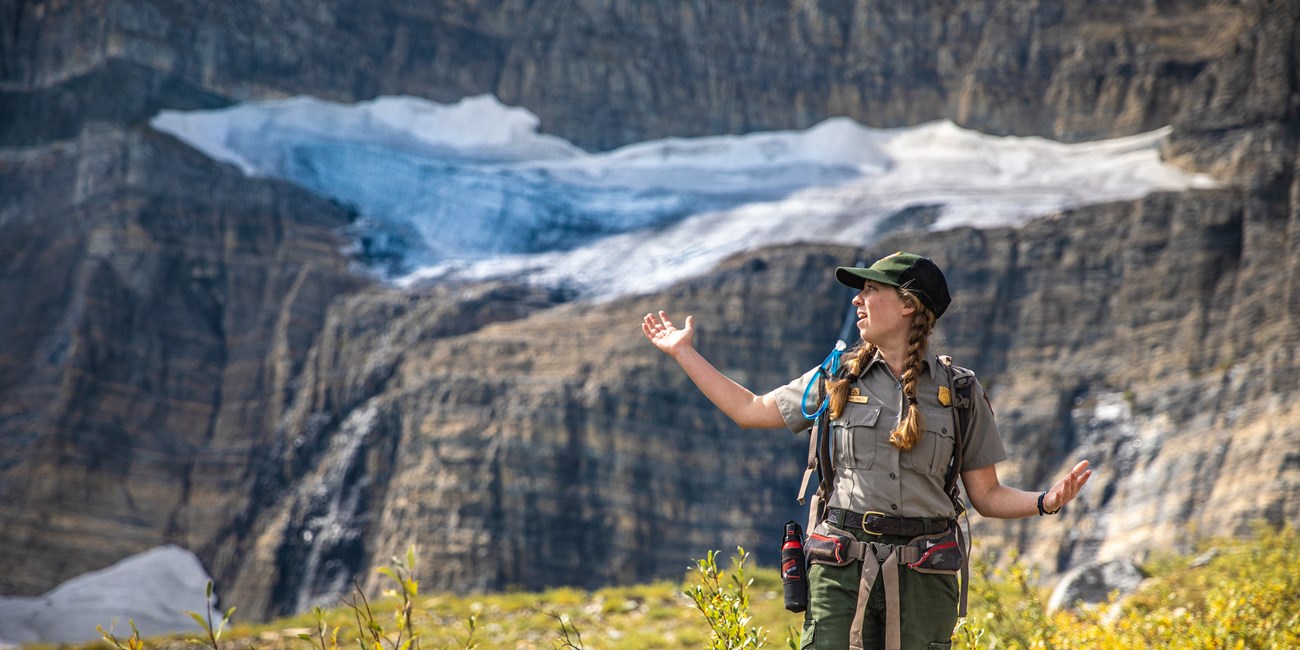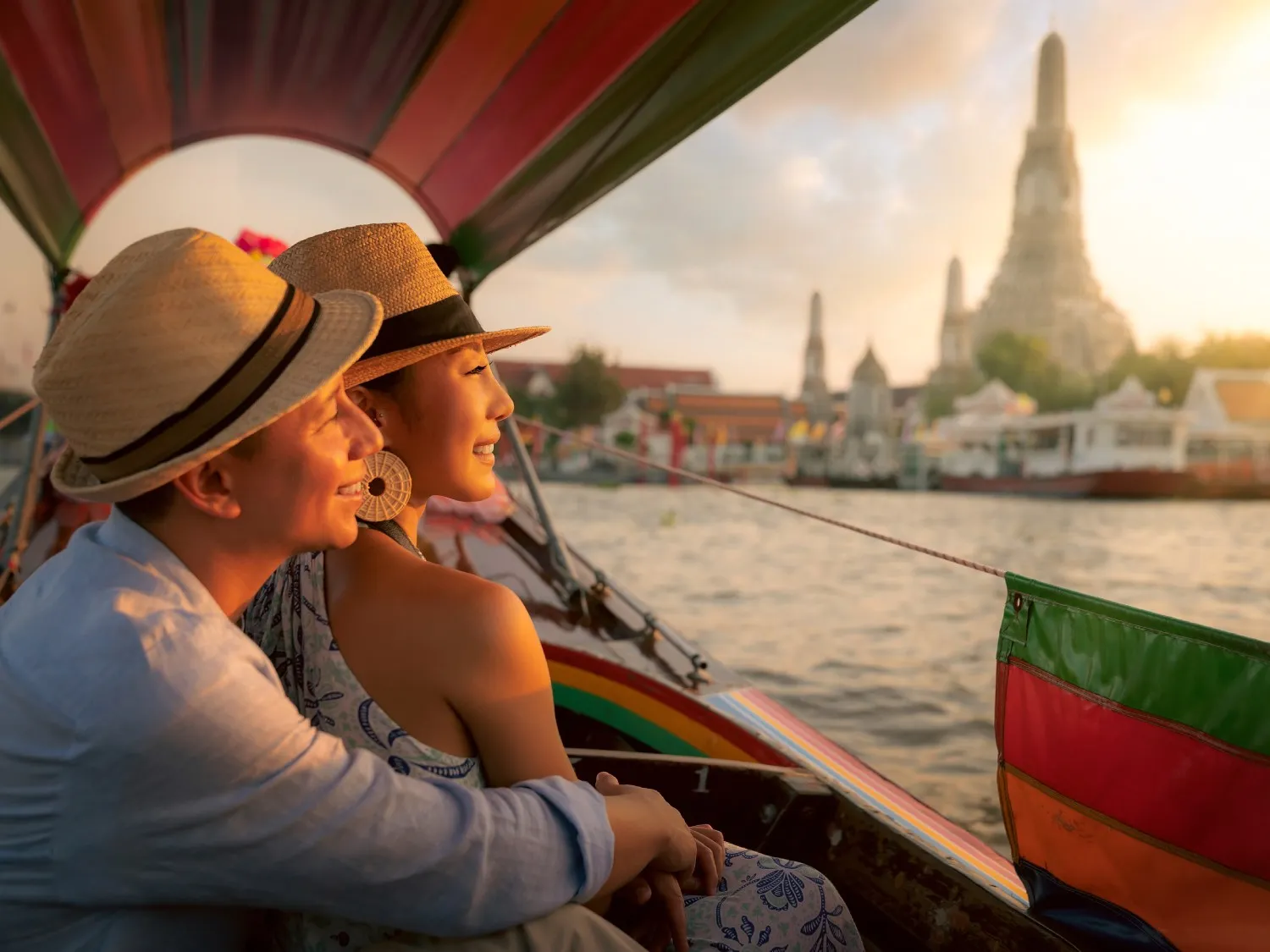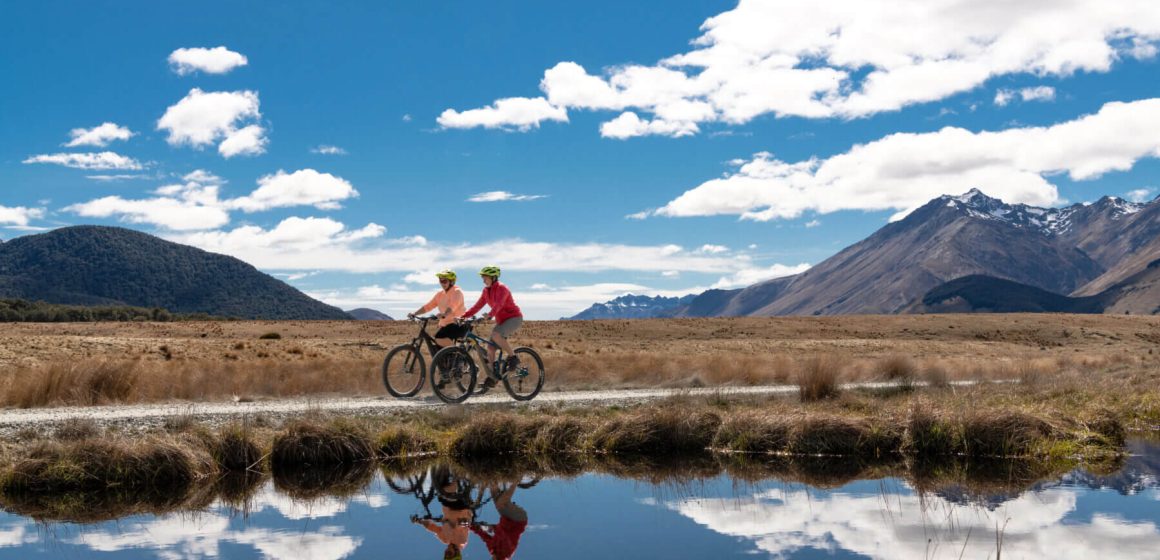Travel has always been more than just a way to reach new destinations. It is an opportunity to experience cultures, connect with people, and find joy in exploration. In today’s fast-paced society, recreation through travel has become not only a leisure activity but also a form of therapy—supporting mental health, boosting creativity, and strengthening relationships.
As global tourism evolves in the post-pandemic era, travelers are rethinking how they explore the world. They seek authentic experiences, sustainable practices, and meaningful moments over traditional sightseeing. This shift is reshaping the travel and recreation industry in profound ways.
The New Face of Travel
For decades, travel was defined by bucket lists, popular tourist attractions, and package holidays. While these still exist, a growing number of travelers are now prioritizing experience over consumption. Instead of rushing to take photos at landmarks, many prefer slow travel, immersive activities, and cultural exchanges.
Some notable shifts include:
-
Local immersion: Learning local crafts, cooking traditional meals, or staying in community-owned accommodations.
-
Wellness travel: Yoga retreats, meditation camps, and spa tourism are booming as travelers prioritize health.
-
Adventure tourism: Hiking, diving, and extreme sports attract those seeking adrenaline-fueled recreation.
This evolution reflects a deeper connection between travel and personal growth—making each journey less about “where you go” and more about “how you experience it.”
Recreation as a Path to Well-Being
Recreation, whether through local activities or international trips, plays a critical role in maintaining balance in modern life. Studies consistently show that taking time off improves productivity, reduces stress, and enhances creativity.
Benefits of Recreational Travel
-
Mental health boost: Escaping routine reduces anxiety and improves mood.
-
Physical wellness: Activities like hiking, cycling, or swimming improve fitness.
-
Social connections: Traveling with friends or meeting new people fosters relationships.
-
Cultural enrichment: Exposure to different ways of life broadens perspectives.
In essence, recreation through travel isn’t just leisure—it’s an investment in overall well-being.

Sustainable Tourism on the Rise
One of the biggest trends shaping travel today is sustainability. Travelers are more aware than ever of their ecological footprint. Overtourism, plastic waste, and carbon emissions have forced both tourists and industry leaders to rethink practices.
How Tourism is Going Green
-
Eco-friendly stays: Resorts powered by renewable energy and eco-lodges built with natural materials.
-
Responsible wildlife tourism: Ethical safaris and marine conservation trips replace exploitative practices.
-
Carbon offsetting: Airlines and travel companies offering carbon-neutral travel options.
Recreational travelers are increasingly motivated by the idea of leaving places better than they found them—turning tourism into a force for conservation.
Technology and the Travel Experience
Technology has revolutionized how we travel, making recreation more accessible and personalized. From booking flights in seconds to exploring virtual reality tours, the digital age is transforming the industry.
-
AI and personalization: Apps suggest destinations and activities tailored to user preferences.
-
Digital nomadism: Remote work allows people to combine work with travel, creating new lifestyles.
-
Smart recreation: Wearable tech tracks hikes, cycling routes, or diving adventures, enhancing both safety and experience.
Technology not only simplifies travel but also enables more immersive recreational experiences.
Domestic and Micro-Travel
Not all recreation requires long flights or exotic locations. The rise of micro-travel—short, local trips—has become increasingly popular. Weekend getaways, road trips, and exploring hidden gems in one’s own country provide the same sense of escape without the high costs or environmental burden.
This trend supports local economies while giving travelers accessible, affordable recreation opportunities. In fact, many people have discovered that adventure can be found close to home, whether in national parks, coastal towns, or small cultural festivals.
The Role of Food in Travel and Recreation
Food is one of the most powerful connectors in travel. Culinary tourism has exploded as people seek authentic flavors and experiences tied to local culture. Recreational activities often center around food—wine tasting in France, street food tours in Thailand, or learning to make pasta in Italy.
Food-related recreation creates lasting memories and often becomes a central part of storytelling after a trip. It also supports local farmers, artisans, and chefs, adding economic value to communities.
Challenges in Modern Travel
Despite its many benefits, travel and recreation also face challenges:
-
Overtourism: Crowded destinations strain infrastructure and reduce the quality of experience.
-
Rising costs: Inflation and fuel prices have made travel less accessible to some groups.
-
Safety concerns: Political instability, pandemics, and natural disasters can disrupt tourism.
The industry must balance growth with responsibility, ensuring that recreation remains safe, inclusive, and beneficial for both travelers and host communities.
Future Trends in Travel and Recreation
The future of travel will be shaped by a mix of sustainability, technology, and personalization. Some expected developments include:
-
Space tourism: Once a dream, commercial space travel may soon redefine recreation.
-
Hyper-personalized journeys: AI-driven itineraries crafted to individual personalities and interests.
-
Wellness-centered trips: Combining recreation with longevity practices like detox retreats and biohacking resorts.
-
Inclusive travel: Making recreation accessible for people with disabilities and diverse backgrounds.
As values shift, travel will continue to evolve beyond luxury and status symbols toward meaningful, transformative experiences.

Conclusion
Travel and recreation remain fundamental parts of human life. They provide escape, learning, and connection—elements vital for mental, physical, and emotional health. As the industry transforms, travelers are embracing new ways to explore, favoring sustainability, personalization, and wellness.
The future of travel isn’t just about visiting new destinations—it’s about how those journeys enrich our lives and communities. By aligning recreation with responsibility, travelers and businesses alike can ensure that exploration continues to bring joy, healing, and inspiration for generations to come.


Leave a Reply